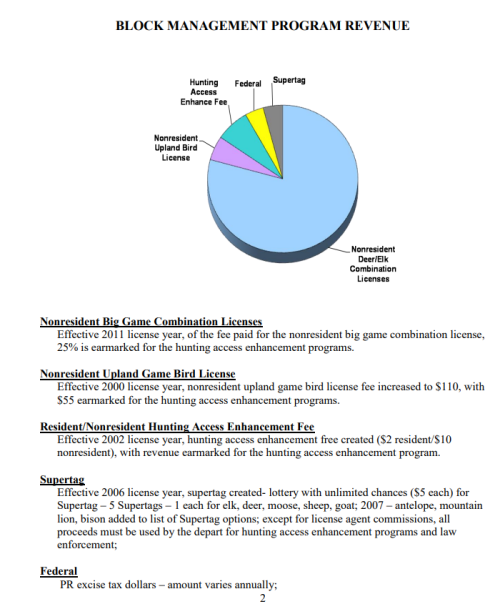rogerthat
Well-known member
- Joined
- Aug 29, 2015
- Messages
- 3,124
The issue would be that it’s a direct competitor with our block management program. To many landowners it will probably appear to be a much better option so it will be like high schoolers(land trust) vis grade schoolers(bm). That’s not good for the average Montana hunter and access to quality hunting land.What am I missing here, was this ranch “walk on open access to the public” prior to joining the Airbnb of land access? Someone posted early on that they were going to lose their free annual invite but honestly, that happens every day someplace and someone else gets an opportunity.
The name LandTrust sounds disingenuous to me as in my area that is a legit conservation group, not a pay to play offering. With that said, I don’t have a problem with anyone monetizing their private property in a way they see fit.
As a NR and the 90-10 tag split, I totally get it.




